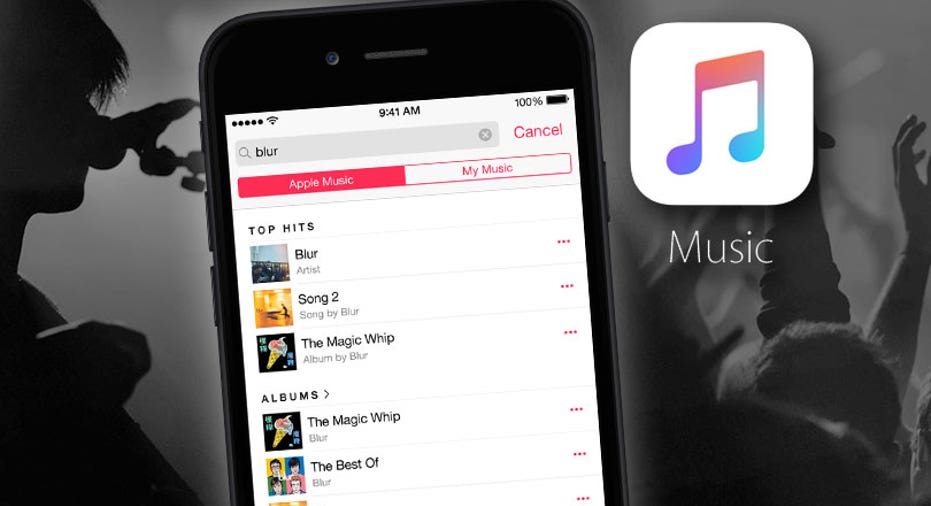Taylor Swift Joins Musicians in Call for DMCA Reform

Taylor Swift, Paul McCartney, and other musicians are calling on Congress to reform the Digital Millennium Copyright Act.
In a letter that ran as an advertisement in several publications, the artists claim that the law threatens "the continued viability of songwriters and recording artists to survive from the creation of music."
In addition to Swift and McCartney, 184 other musicians signed the letter, arguing that the DMCA has allowed major companies to profit from streaming services like Apple Music and Spotify, while songwriters and artists see their earnings diminish.
Swift has long been critical of Spotify. In 2014, she pulled her music off the streaming service, explaining "it's my opinion that music should not be free, and my prediction is that individual artists and their labels will someday decide what an album's price point is."
After a public tussle with Apple over artist royalty payments during Apple's Music's three-month trial period, she agreed to allow her songs on the service since it does not have a free, ad-supported version. She later signed a deal to make her 1989 World Tour Live concert film an Apple Music exclusive, and has appeared in several Apple Music ads.
Besides criticizing streaming services, the artists claim that the DMCA's takedown requests are cumbersome and require more resources than independent artists can muster. Under the DMCA, companies are in compliance with the law as long as they respond to takedown requests and remove links to the illegal content, even if third parties continue to host it. The Electronic Frontier Foundation claims that this Safe Harbor rule, while imperfect, has been "essential to the growth of the Internet as an engine for innovation and free expression."
The letter does not mention specific solutions, and is similar to complaints artists have made in the past. For now, it simply calls for "sensible reform that balances the interests of creators with the interests of the companies who exploit music for their financial enrichment."
As Recode notes, the effort is largely a shot at YouTube, which continues to be a popular destination for those who want to listen to music, and comes as music labels are negotiating renewed licensing deals with YouTube.
This article originally appeared on PCMag.com.



















